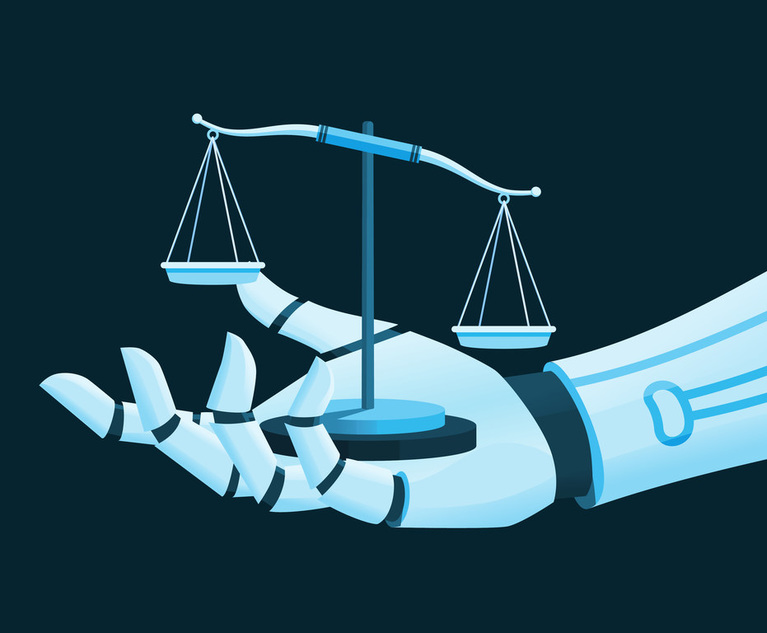There has been much hype around the potential of Artificial Intelligence (AI) to transform life and work. Many industries are looking to implement the paradigm shift that this technology offers. While companies are eager to develop and implement AI solutions, ensuring compliance with laws and regulations can help companies avoid costly and disruptive enforcement action.
While some jurisdictions are enacting or proposing AI-specific regulation, many existing regulatory frameworks apply to new technologies, including antitrust. Companies may experience different potential antitrust risks depending on the type of AI technology and their use of that technology. Generative AI, technology that generates text and images based on prompts, may be the most popular form of AI technology at the moment as it is accessible to the general public through programs such as ChatGPT. However, there are also other forms of AI technology—e.g., pricing algorithms. Competition concerns related to the development of AI include access to key inputs, network effects, and other unfair methods of competition. Concerns related to the use of AI depends on the use case.
This content has been archived. It is available through our partners, LexisNexis® and Bloomberg Law.
To view this content, please continue to their sites.
Not a Lexis Subscriber?
Subscribe Now
Not a Bloomberg Law Subscriber?
Subscribe Now
LexisNexis® and Bloomberg Law are third party online distributors of the broad collection of current and archived versions of ALM's legal news publications. LexisNexis® and Bloomberg Law customers are able to access and use ALM's content, including content from the National Law Journal, The American Lawyer, Legaltech News, The New York Law Journal, and Corporate Counsel, as well as other sources of legal information.
For questions call 1-877-256-2472 or contact us at [email protected]


 Credit: aniqpixel/Adobe Stock
Credit: aniqpixel/Adobe Stock







